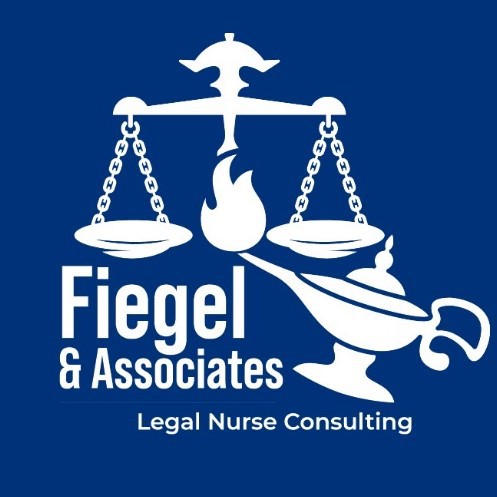The challenges for diagnosing ovarian cancer include:
- There is no specific test for ovarian cancer.
- Ovarian cancer symptoms are similar to other diagnoses.
- There is a high incidence of missed diagnosis and misdiagnosis of ovarian cancer.
The American Cancer Society estimates for ovarian cancer in the United States for 2024 are:
~ About 19,680 women will receive a new diagnosis of ovarian cancer.
~ About 12,740 women will die from ovarian cancer.
According to the CDC, ovarian cancer accounts for 2.5% of female malignancies but accounts for 5% of all cancer deaths – due to the fact that 80% of patients are not diagnosed until they are at an advanced stage of ovarian cancer.
Risks of ovarian cancer include:
- Over 50 years of age
- Genetic mutations
- Obesity
- Females who have undergone fertility treatments
- Possible link to hormone replacement therapy
Symptoms of ovarian cancer are similar to other diagnoses and include:
- Bloating
- Pelvic pain/discomfort
- Indigestion or feeling full
- Frequent urination
- Weight loss or weight gain that cannot be explained
- Tiredness
- Changes in bowel habits
Diagnosis and treatment of ovarian cancer includes:
- Obtaining a complete and detailed history as the symptoms of ovarian cancer are similar to other diagnoses
- Obtain a CA125 test and a transvaginal ultrasound (NOTE: These tests are not definitive, so it is imperative to obtain a thorough and detailed history)
- Treatment should be based on staging and best practices and can include:
- Surgery
- Port/IV Port
- Medication/chemotherapy – depending on the stage of cancer
- Radiation which is rarely used but is an option for remote metastases
It is important to note that ovarian CAN BE CURED if diagnosed in the early stages.
The role of the CLNC in ovarian cancer cases include:
- Function as a testifying expert or a consultant expert. Testifying experts can only testify regarding nursing issues. Registered nurses cannot speak to causation or make diagnoses as testifying experts.
- Review the medical records and all other related documents.
- Screen the case for merit.
- Research relevant issues – important to conduct authoritative research that is appropriate to the year of the incident. Research includes best practices and guidelines for diagnosing ovarian cancer and treatment of ovarian cancer based on the staging (post-surgery).
- Locate expert witnesses.
- Interview plaintiffs and defendants.
- Prepare reports – narrative summaries, chronological timelines, and/or a combination of narrative summaries and chronological timelines.
- Prepare interrogatories, requests for production and deposition questions.
- Attend depositions as a consulting expert.
- Educate the attorney about ovarian cancer (case-specific issues) and provide the attorney with relevant standards of care.
Resources for research of ovarian cancer:
- American Cancer Society
- Centers for Disease Control and Prevention
- American College of Obstetrics and Gynecologists
- National Ovarian Cancer Coalition
- World Ovarian Cancer Coalition

